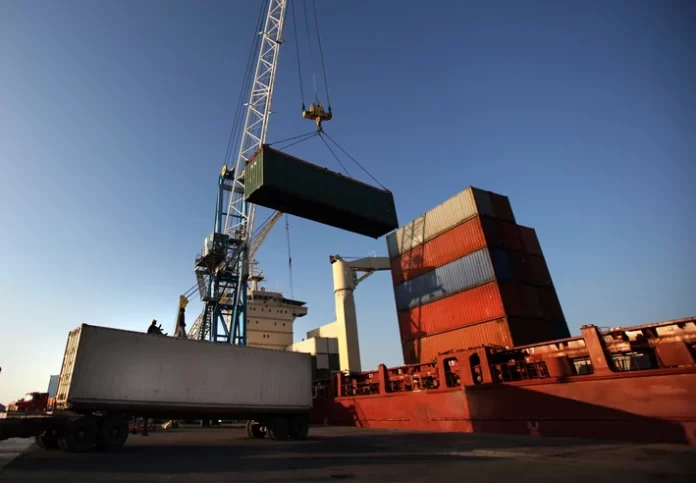The Pakistani government has decided to shelve its plans for a long-term oil import deal with Russia under a government-to-government (G2G) arrangement. Instead, it has now allowed local refineries to pursue direct commercial agreements with Russian companies. This decision comes after delays in establishing a Special Purpose Vehicle (SPV) for crude oil imports, which was part of the original G2G agreement between Pakistan and Russia.
The move to establish the SPV was intended to facilitate the import of Russian crude oil, which would then be processed by local refineries. However, following a recent visit by a Pakistani delegation to Moscow, it was decided to put the SPV plan on hold due to the perceived high risks involved in this approach.
Previously, Pakistan Refinery Limited (PRL) imported a vessel carrying Russian oil, a process that took approximately one month for the oil to reach Pakistan’s shores. This lengthy process raised concerns about the feasibility and efficiency of importing Russian crude via the SPV. Private-sector refinery Byco also imported a 100,000-ton oil consignment from Russia, further prompting the government to reconsider its G2G deal with Russia.
According to sources, Pakistan’s oil refineries are now engaged in direct talks with Russian companies for crude oil imports based purely on commercial terms. Before the Pakistani delegation’s visit to Russia on October 10, Pakistan had sought to negotiate a long-term oil supply agreement while adhering to a price cap of $60 per barrel.
Initially, Pakistan requested that Russia set a free-on-board (FOB) price at $60 per barrel in the long term, with FOB representing the actual price charged at the port. However, the Petroleum Division dropped this proposal and decided that local refineries would import crude oil from Russia on commercial terms without government involvement.
It is notable that the United States has shown its willingness to allow Pakistan to import crude oil from Russia at the price cap previously announced by the Group of Seven (G7) countries and the European Union. This price ceiling was imposed to curb Russian revenues while avoiding disruptions to oil supplies, given concerns that Moscow was redirecting its oil revenue towards the conflict in Ukraine.
It is worth noting that Arabian crude oil currently contributes 45 percent to high-speed diesel (HSD) production and 25pc to furnace oil, whereas Russian crude is believed to be capable of producing 32pc of HSD and 50pc of furnace oil.

























good
good luck
.?